Constitutional rights and the law
The Party's renewal policy, strategy and subsequent policies have been gradually institutionalized in the Constitution and legal system.
Our country does not apply the model of "separation of three powers". "Separation of three powers" is not a universal model that any democracy can apply. We study, refer to and absorb universal values of humanity, but we have our own historical and practical characteristics, we do not necessarily follow what other countries do.
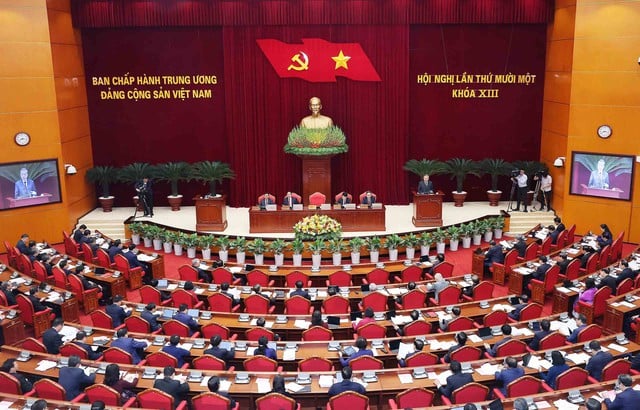
The 11th Conference of the 13th Party Central Committee, April 10, 2025
PHOTO: VNA
The free market economist FAHayek once said that modern democracy (separation of powers) in the West is "extortion democracy". And the famous American economist Thomas Sowell said that "the laws of a bipartisan Congress are often twice as bad as partisan laws". Because you see clearly, when the legislature is not limited in power, the parties (bipartisan or multi-party) in the legislature often compromise with each other to pass laws that serve interest groups (in essence, sharing benefits) and ignore the legitimate interests of the majority of the people.
In our socialist rule of law state, the people's power is unified. The three branches of the legislature, executive and judiciary have a clear division of labor, coordination and mutual control, under the supervision of the people through the Vietnam Fatherland Front and organizations in the political system and direct supervision. For our country, the leadership of the Party is the guarantee for the smooth operation of the rule of law state, because the Communist Party of Vietnam represents the interests of the entire nation, that is, of the vast majority of the people and has no other interests. Despite some hostile forces opposing what they call the "one-party regime", the Party's leadership of the State and the entire society is recognized and unanimously approved by the people. The political stability and the country's spectacular achievements after 40 years of implementing the renovation process are proof.
The National Assembly is the highest authority, but it is not omnipotent. Laws enacted by the National Assembly have three limitations: they must not be contrary to the Constitution, must not be contrary to treaties to which Vietnam is committed, and must not be contrary to justice. National Assembly deputies must also be subject to public supervision and must comply with Party discipline because most of them are Party members.
The power of the Government is also limited by the Constitution and laws in the spirit of "people can do what the law does not prohibit, and civil servants can only do what the law permits" (civil servants here include the executive, legislative and judicial branches).
Regarding the Court, the Constitution clearly stipulates: "Judges and jurors conduct trials independently and only obey the law; agencies, organizations and individuals are strictly prohibited from interfering in the trials of judges and jurors" (Clause 2, Article 103).
In that spirit, a law that is enacted must ensure that it is not contrary to the Constitution, not contrary to international treaties that Vietnam has committed to and is consistent with fairness as mentioned above, that is, it must be in accordance with the people's will (Someone asked, since the people's will is uncertain, how can we know if it is in accordance or not? Look at countries that promote common law, their judges must learn about customs, fair agreements that people make with each other that are not in written law as a basis for judgment, then become precedents for other courts to follow). Sub-law documents (decrees, circulars, etc.) must be of a guiding nature and law enforcement procedures, not setting out provisions that are not in the law. Most recently, we saw that when the Government applied emergency measures to fight the Covid-19 pandemic and the Government did not have the legal authority, the National Assembly Standing Committee had to issue a resolution giving the Government the authority to do these things.
Those are the principles of the rule of law. Violating those principles is an abuse of power. Therefore, the current Constitution stipulates: "Human rights and civil rights can only be limited according to the provisions of law in cases where it is necessary for reasons of national defense, national security, social order and safety, morality and public health" (Clause 2, Article 14). The Constitution requires limitations by law, while limitations by sub-law documents are unconstitutional. That is one of the provisions in the Constitution that prevents abuse of power.
Where is the institutional bottleneck?
When working with the Government Party Committee Standing Committee recently on 4 draft laws, General Secretary To Lam mentioned: "Ensuring that the establishment of conditional investment and business sectors is "for reasons of national defense, national security, social order and safety, social ethics, and public health", the rest are thoroughly cut in accordance with the Party and State's policies". That is the General Secretary talking about the law. Since the Enterprise Law of 2000, a series of business conditions that "give birth" to sub-licenses that cause harassment to businesses, even criminalizing economic relations, have been cut a lot, but not thoroughly cut. That is the bottleneck in the law.
Our country follows a system of written law. Although our laws are increasing, they are still contradictory, overlapping, and unworkable. Every time a new law is issued, a series of existing laws must be amended to be compatible, but our apparatus cannot review them all. That is the bottleneck.
When we sign international treaties or free trade agreements with other countries, we are required to amend many laws to make them compatible; but sometimes we do not know what is incompatible, so in the past, some laws had to "scan" a sentence: "If any provision of this law is contrary to the international treaties that Vietnam has committed to, then it must be implemented according to the international treaties". The delay in adjusting the law to comply with international commitments is a bottleneck that slows down the integration process.
Previously, I followed the reports of the National Assembly sessions. At that time, former General Secretary Nong Duc Manh was the Chairman of the National Assembly. I asked him why every law passed had to have a decree or circular to be implemented? He said that it was because we did not have enough practice to put specific regulations into the law. In the coming time, we will try to have every law passed immediately implemented. A quarter of a century has passed, but the situation of laws having to wait for decrees and decrees having to wait for circulars has not improved much.
Our National Assembly does not operate professionally (although it has a specialized unit), so up to now, most of the draft laws are drafted by government agencies (usually ministries and branches), and these agencies also draft decrees and circulars guiding the implementation of the law. That process is not impractical, but some ministries and branches take advantage of that process to create advantages for their agencies by including provisions not in the law in sub-law documents. A series of unnecessary "sub-licenses" are also included in some laws, but are mainly in sub-law documents. Many times, "suddenly", a new regulation is issued by a decree and "suddenly" a new regulation is introduced by a circular that is not in the law. The request-grant mechanism is maintained mainly through this process, causing businesses and people to increase business costs and unofficial costs to access state agencies. That is the biggest institutional bottleneck.
General Secretary To Lam has repeatedly emphasized that we must turn the "bottleneck of bottlenecks" - the institution - into a national competitive advantage. What does that mean? It means we must completely eliminate institutional barriers to both ensure political stability and create an open investment and business environment, at least on par with countries with the best business environments and outstanding compared to other countries in the region.
Source: https://thanhnien.vn/diem-nghen-cua-diem-nghen-nam-o-dau-185250922184949432.htm







![[Photo] National Assembly Chairman Tran Thanh Man attends the inauguration ceremony of the Memorial Site of National Assembly Standing Committee Chairman Bui Bang Doan](https://vphoto.vietnam.vn/thumb/1200x675/vietnam/resource/IMAGE/2025/9/28/6feba23492d14b03b05445dd9f1dba88)


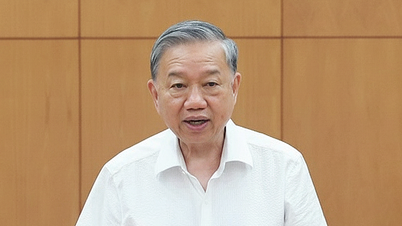


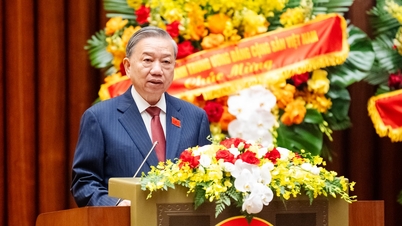




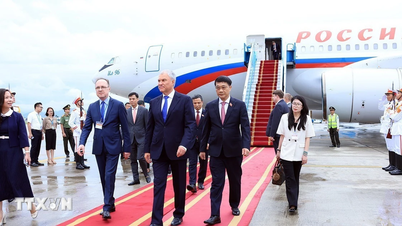

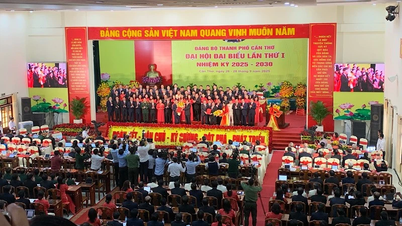

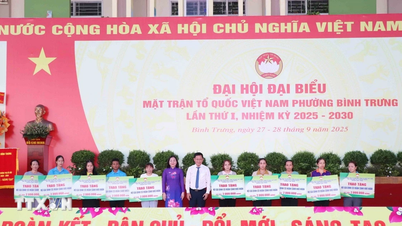

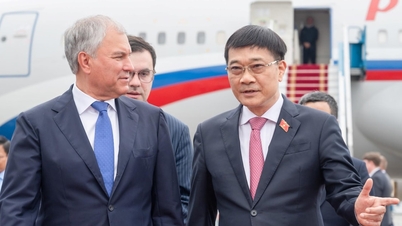
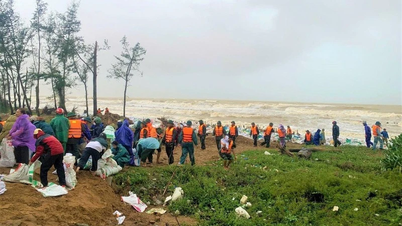




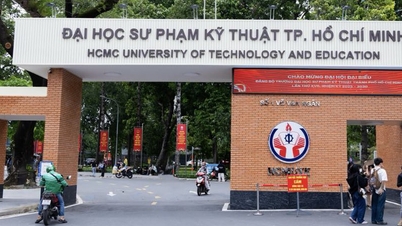



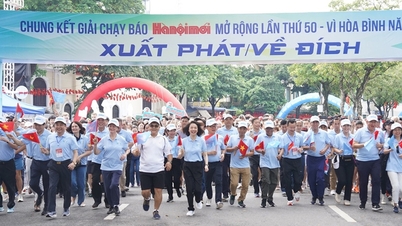
























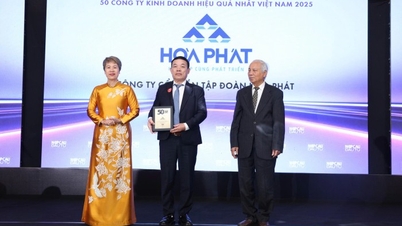















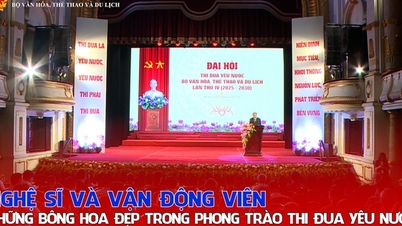





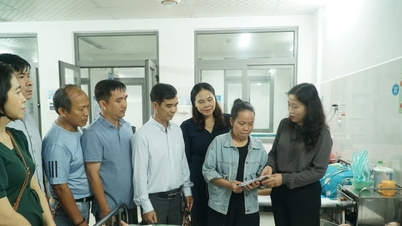
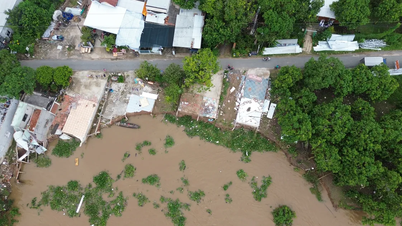

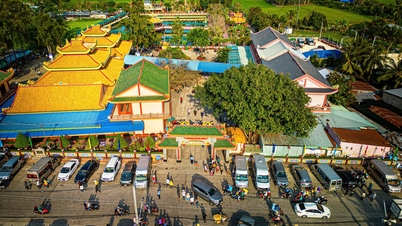

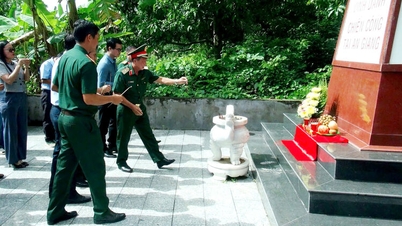












Comment (0)